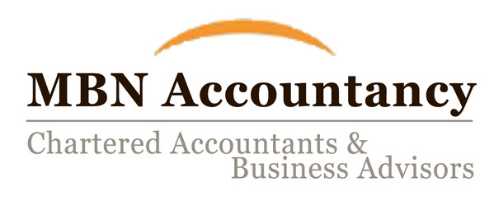Businesses become companies for a variety of reasons. Not so long ago it was mainly as a tax planning tool but increasingly the differences in tax rates between the self-employed and a company mean that unless the profit is in excess of approximately £50,000 the increased administration involved with a company may not make it worthwhile to incorporate purely for tax savings.
Where the decision has been made to incorporate, the transfer is subject to Capital Gains Tax (CGT) as it involves the disposal by the sole trader or partnership owner of chargeable business assets to the company (e.g. goodwill, land/buildings).
However, the charge can be deferred using Incorporation Relief (IR). To take advantage of this relief the business must be transferred as a going concern, all the assets must be transferred (apart from cash) and consideration for the transfer must consist wholly (or partly) of shares in the company issued to the sole trader.
Ownership of any land or buildings is transferred into the name of the company (something that might not be possible should the property be subject to a mortgage and therefore a remortgage may have to take place).
The disposal is usually treated as taking place at ‘market value’ on the basis that the parties are ‘connected persons’. ‘Market value’ is the amount that the property might reasonably expect to fetch if placed on the open market. A company is ‘connected’ to another person is if that person has control of the company or if persons connected with them have control. As a ‘connected person’ the disposal is at ‘market value’ even if there is no monetary consideration.
Under an IR claim the CGT charge is postponed (‘rolled over’) until the person transferring the business disposes of their company shares. The ‘rolled over’ gain is then deducted from the cost of the shares such that the gain on sale comprises the amount of gain ‘rolled over’ and the gain made on the increase (if any) of the final sale price over the market value at the time of incorporation. If part of the consideration for the transfer is in cash, then the amount of gain ‘rolled over’ is reduced proportionately.
Importantly the relief applies automatically if the conditions are met, although an election can be made to disapply. A claim may not be possible because not all of the business assets are to be transferred, for example or because the exchange for shares means that the value can only be withdrawn by the sale of those shares and, being a private limited company, the market for those shares will be restricted. IR may also wish to be disapplied should the gain be covered by the annual exemption or there are losses brought forward available to offset.
One area that could result in an IR claim being refused is where the sole trader or partnership has a loan intended to also to be transferred to the company. Legislation requires that IR only applies to the extent that the consideration is shares but the taking-on or settlement of a debt is strictly consideration for the transfer.
Although HMRC has no problem with this by concession (ESC D32), difficulties could arise with the lender where the loan moves from private client into corporate hands, with different borrowing criteria. If the company were to take out a loan and used that to repay the owner’s personal loan, such consideration is not covered by ESC D32 and the IR would be restricted. In practice, the lender and borrower agree to new refinancing terms on the understanding that the loan will be taken over by the company shortly thereafter. The owner uses the advance to repay their existing debt, enabling the loan to fall within the concession, such that IR is then fully available.
Practical Point
If it is intended not to transfer some assets, other CGT reliefs should be considered e.g. Business Asset Disposal Relief or Gift Relief (although these also have conditions). If another relief is preferred, either incorporation relief must be disapplied (easier option) or ensure that the requirements for incorporation relief are broken (e.g. by retaining some non-cash assets outside the company).
For advice on incorporation relief, please contact us

